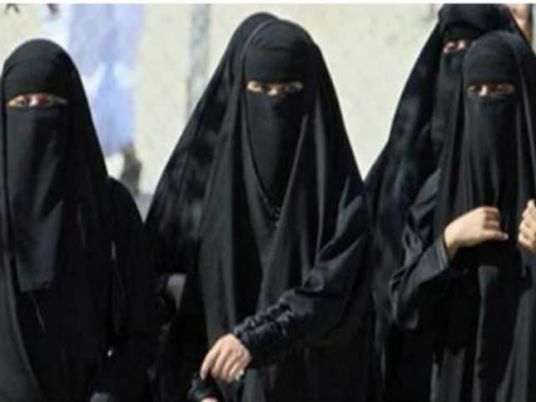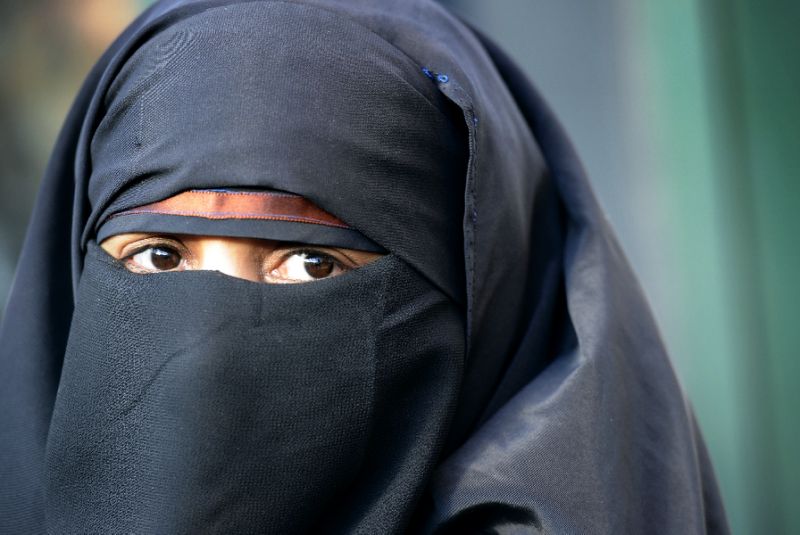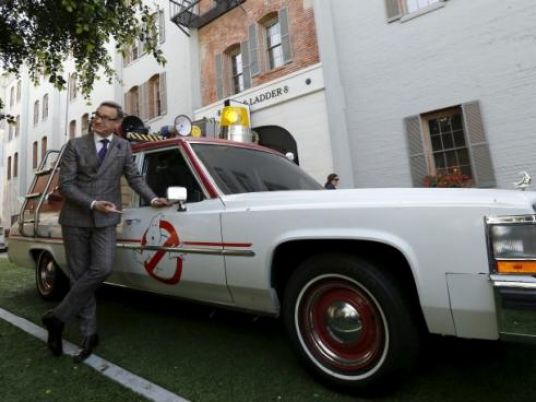Set in 1970s Bulgaria during the peak of the Cold War, Bulgarian director Svetoslav Ovcharov’s latest film “Voice Over” draws an image of a country suffering from excessive government surveillance and public mind control; an image very similar to the police state of George Orwell’s “1984.” But “Voice Over,” unlike Orwell’s dystopian classic, is based on a true story.
“Voice Over” was co-written by Ovcharov and Hristo Totev. The script was adapted from a real life story as well as surveillance reports from the archives of the Bulgarian Secret Services, which Ovcharov researched while writing the script. The film’s secret service agents were constructed from these reports.
“Those agents were killing their fellow countrymen using tape recorders and typewriters instead of guns,” explained Ovcharov in a press conference that followed the film’s screening.
The film opens with Bulgarian director of photography Anton Krastev (Kasiel Noah Asher) trying to encourage his only son, who suffers from bronchitis, to inhale warm water vapor to clear his lungs. The harsh living conditions in Bulgaria are evident. Krastev’s German wife, Diana (Kasiel Noah Asher) decides to take their son to visit her mother in West Berlin in order to help him recover.
A filmmaker, supposedly a friend of Krastev, informs the Bulgarian Secret Service of Diana’s prolonged stay in West Berlin, the young couple’s strong ties with elite members of the ruling Communist party, and earlier conversations with Krastev in which he expressed his wish to leave Bulgaria in search of a better life. Krastev is unknowingly accused of espionage and of being in a homosexual relationship with the director of his latest film, who happens to be a member of the Communist party.
Two Secret Service agents carefully construct a case against him. They tape his phone calls, read his letters to his wife and search his apartment for implicating evidence.
Witnessing the improvement in her son’s health in West Berlin, Diana decides not to return to Bulgaria and asks Krastev to join them. Krastev discovers that his passport application has been denied and he is trapped within his own country. And if Diana returns she will face charges of espionage. Krastev and his wife are separated by the iron curtain.
Diana cannot see his new films, for which he receives national awards from the Bulgarian government, and Krastev feels estranged from his own wife and son, but is unwilling to join them. In a heated phone conversation between the couple, Krastev responds to his wife’s request to move to West Berlin by saying “What would I do in Berlin? Serve two women. In Germany, I would never receive the recognition I am getting in Bulgaria.”
But Krastev loses all that he has been working for when his prominent film director is removed from the party on accusations of homosexuality and the film production stops.
The Secret Service agent calls him to the police station to interrogate him on his wife’s decision to flee Bulgaria for a case being built against her. He suggests that Krastev divorce her and promises to bring his son back to Bulgaria. Krastev states that he is willing to cooperate, but asks them not to harm his family and leave them to live in Berlin. Diana is amazed by Krastev’s conformism.
Despite being a historical movie, “Voice Over” remains relevant as it reflects the persistence of government surveillance practices in contemporary Bulgaria and the compromises people have to make to survive, explained Ovcharov.
“Voice Over” has yet to be screened in Bulgaria. The film’s crew travels from town to town, screening it at independent spaces in order to get around state censorship.




